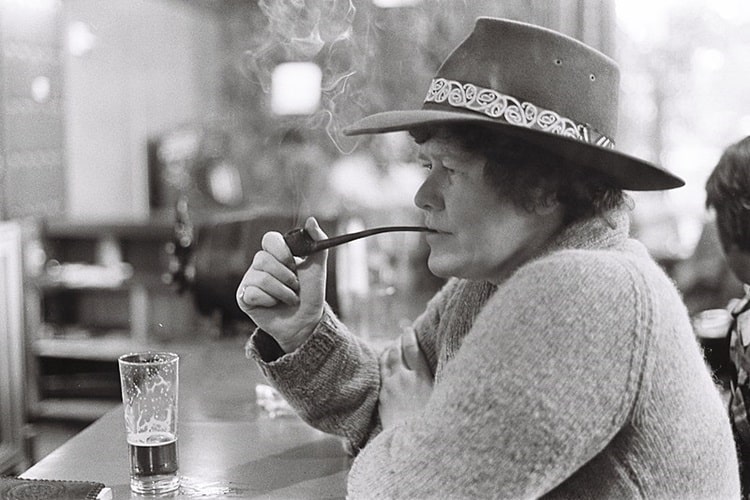Keri Hulme: From the Silence, a Symphony of Words

Keri Hulme (9 March 1947 – 27 December 2021) was a New Zealand novelist, poet and short-story writer.
Life and Career
Keri Hulme was born on March 9, 1947, in Christchurch, New Zealand. She grew up in the South Island of New Zealand, surrounded by the natural beauty that would later influence much of her writing.
Keri Hulme attended the University of Canterbury in Christchurch, where she studied classics and continued her education in languages and anthropology. Her academic background in these fields likely influenced the rich cultural and linguistic elements found in her writing.
Keri Hulme is best known for her debut novel, “The Bone People,” published in 1984. The novel is a complex and multi-layered work that explores the lives of its characters against the backdrop of New Zealand’s Maori culture. It delves into themes of identity, love, and the impact of cultural clashes.
“The Bone People” received widespread critical acclaim and won the Booker Prize in 1985, making Hulme the first New Zealander to win the prestigious literary award. The novel’s success brought international attention to Hulme and established her as a significant literary figure.
Despite the success of “The Bone People,” Hulme has been relatively private, and there has been limited information about her subsequent literary activities. She has not published many works following her debut novel.
Keri Hulme passed away on 27 December 2021, in Waimate, New Zealand.
Award and Legacy
Keri Hulme’s most significant literary achievement is winning the Booker Prize in 1985 for her debut novel, “The Bone People.” This prestigious award played a crucial role in bringing international acclaim to Hulme and her work. The Booker Prize, now known as the Booker Prize for Fiction, is one of the most prestigious literary awards globally, and Hulme’s win marked a historic moment as the first New Zealander to receive the honor.
Keri Hulme’s legacy in literature is primarily tied to “The Bone People.” The novel is celebrated for its unique narrative style, complex characters, and exploration of Maori culture and identity. It is often considered a landmark work in New Zealand literature and has contributed to the country’s cultural and literary landscape.
Hulme’s portrayal of the Maori experience and her incorporation of Maori language and mythology in “The Bone People” have been praised for their authenticity and depth. The novel’s exploration of themes such as trauma, love, and the impact of cultural clashes has resonated with readers and critics alike.
While Hulme has not produced a large body of work following her acclaimed debut, “The Bone People” continues to be studied in literature courses and is regarded as a significant contribution to contemporary literature. The novel’s success has also paved the way for increased recognition of New Zealand literature on the international stage.
Keri Hulme’s impact extends beyond her writing, as her achievement in winning the Booker Prize has inspired and opened doors for other New Zealand authors. Her legacy remains intertwined with the cultural and literary history of New Zealand, and “The Bone People” stands as a testament to her ability to create thought-provoking and influential works of fiction.
Observer Voice is the one stop site for National, International news, Sports, Editor’s Choice, Art/culture contents, Quotes and much more. We also cover historical contents. Historical contents includes World History, Indian History, and what happened today. The website also covers Entertainment across the India and World.
Follow Us on Twitter, Instagram, Facebook, & LinkedIn

